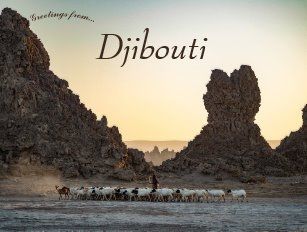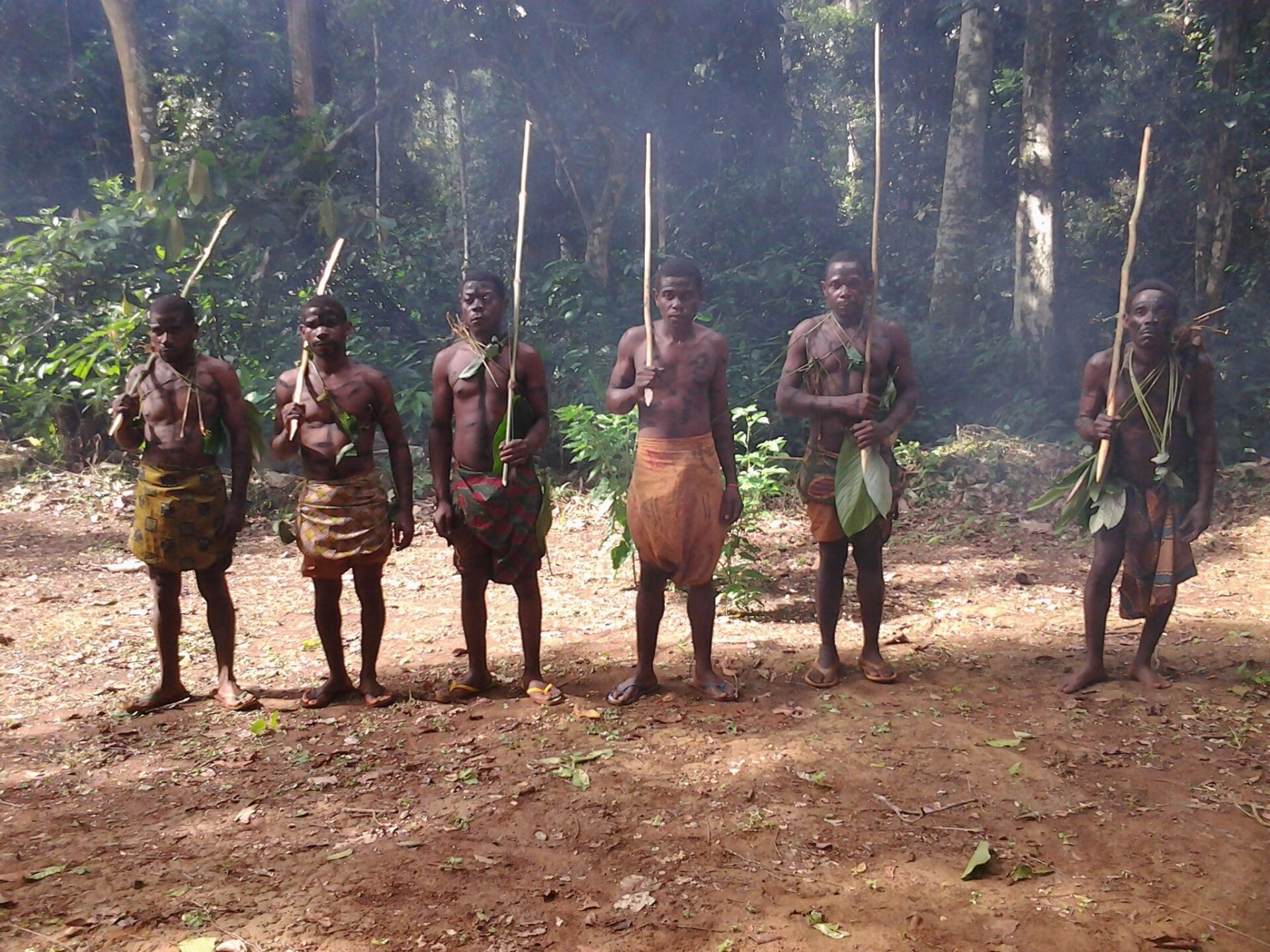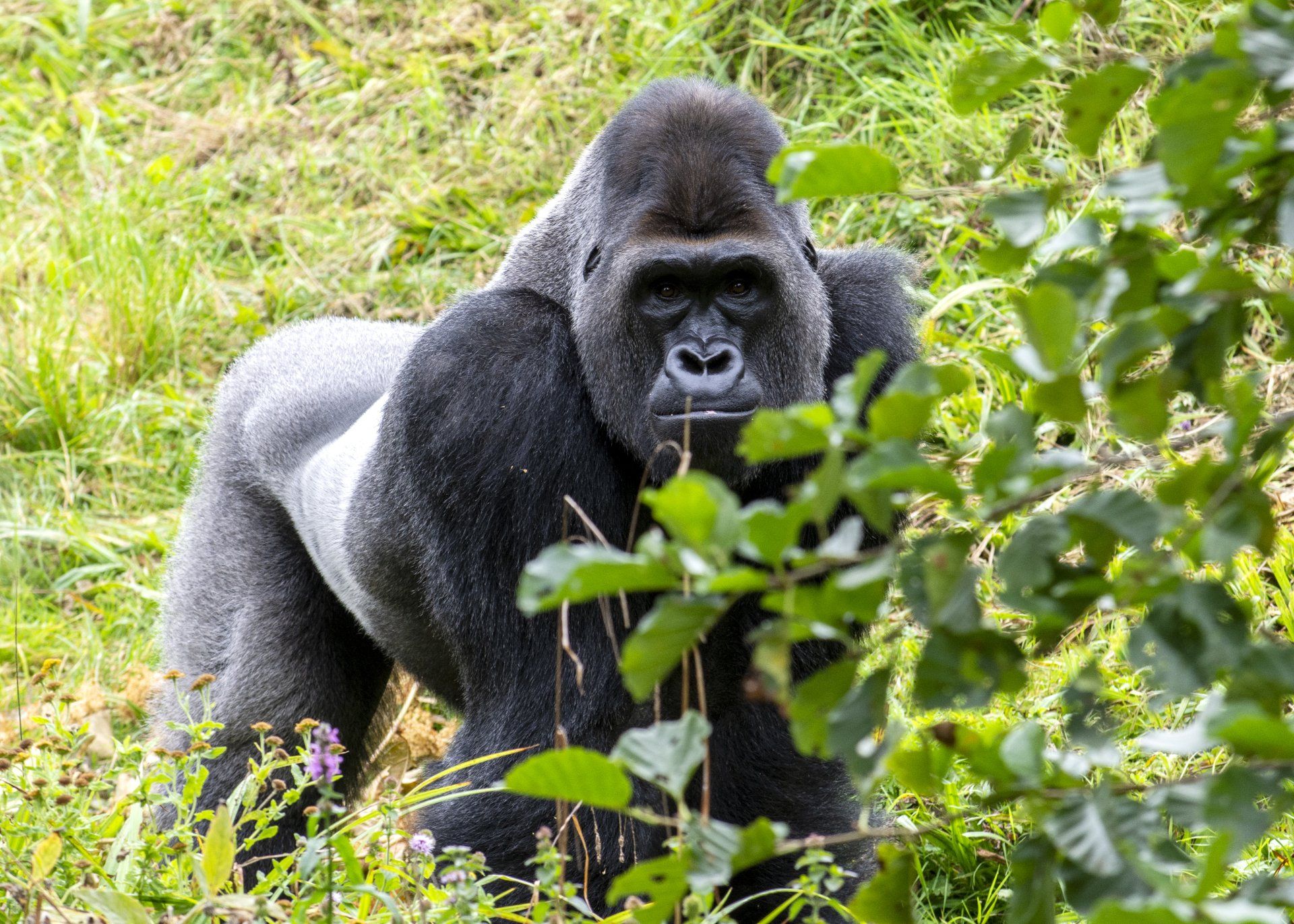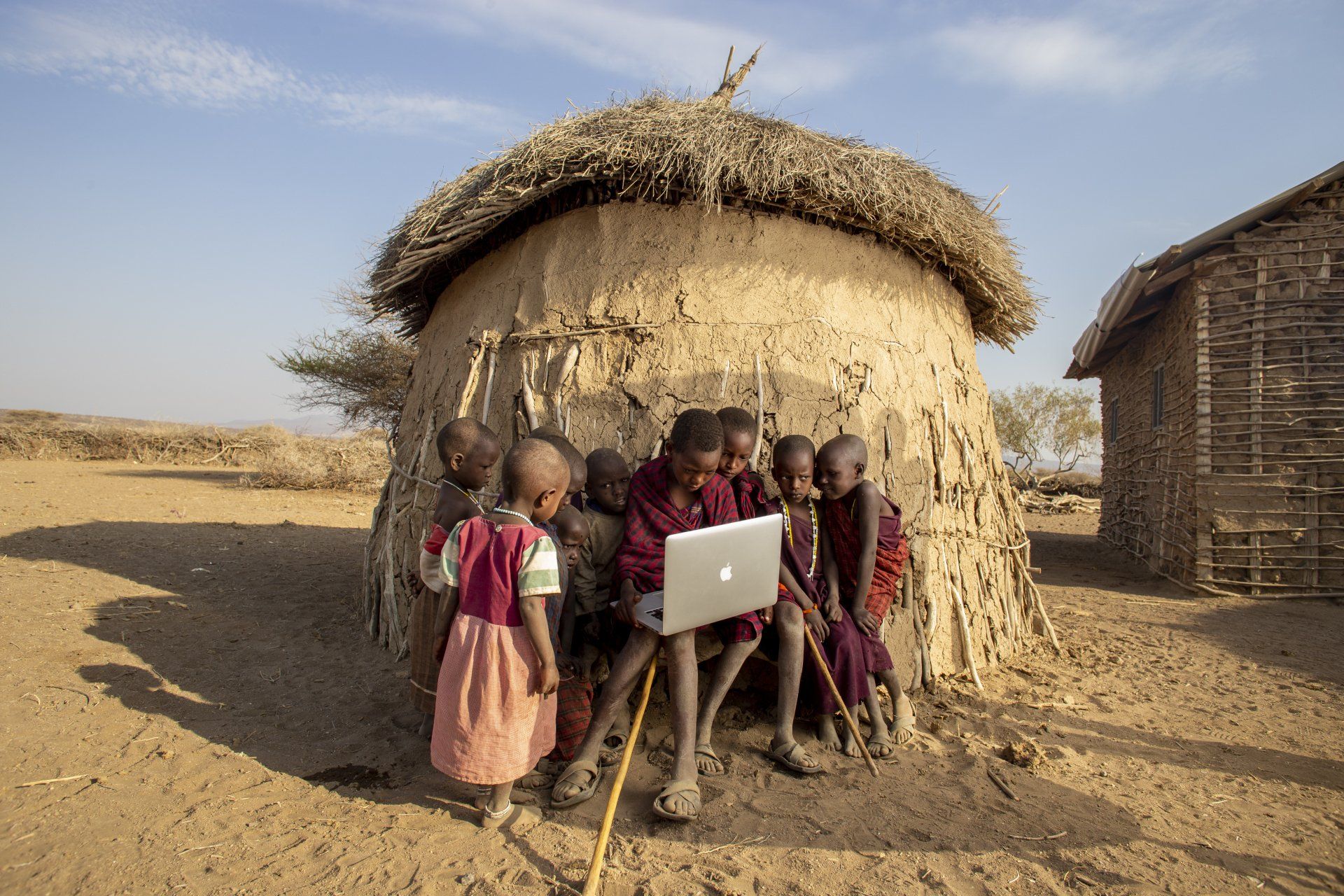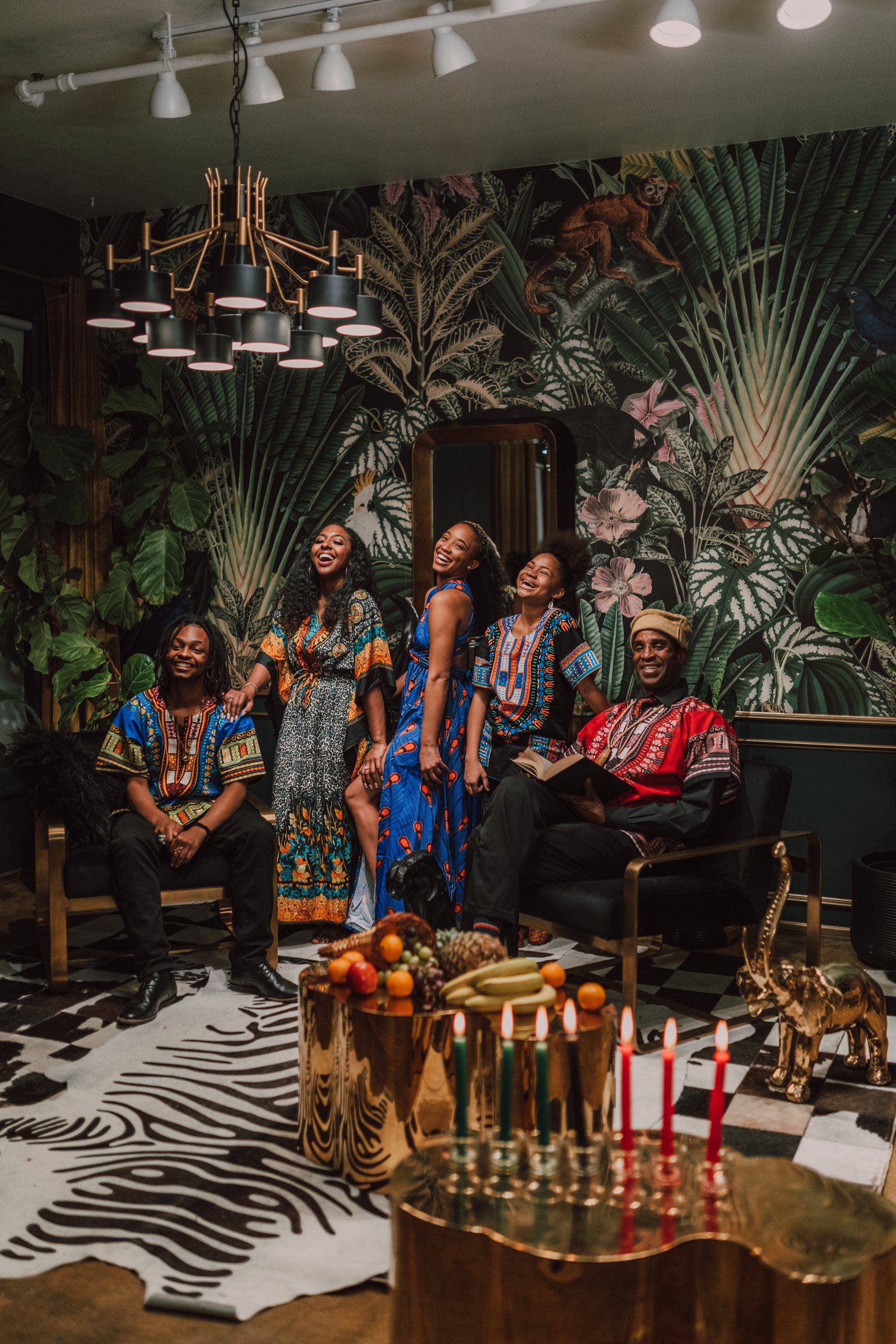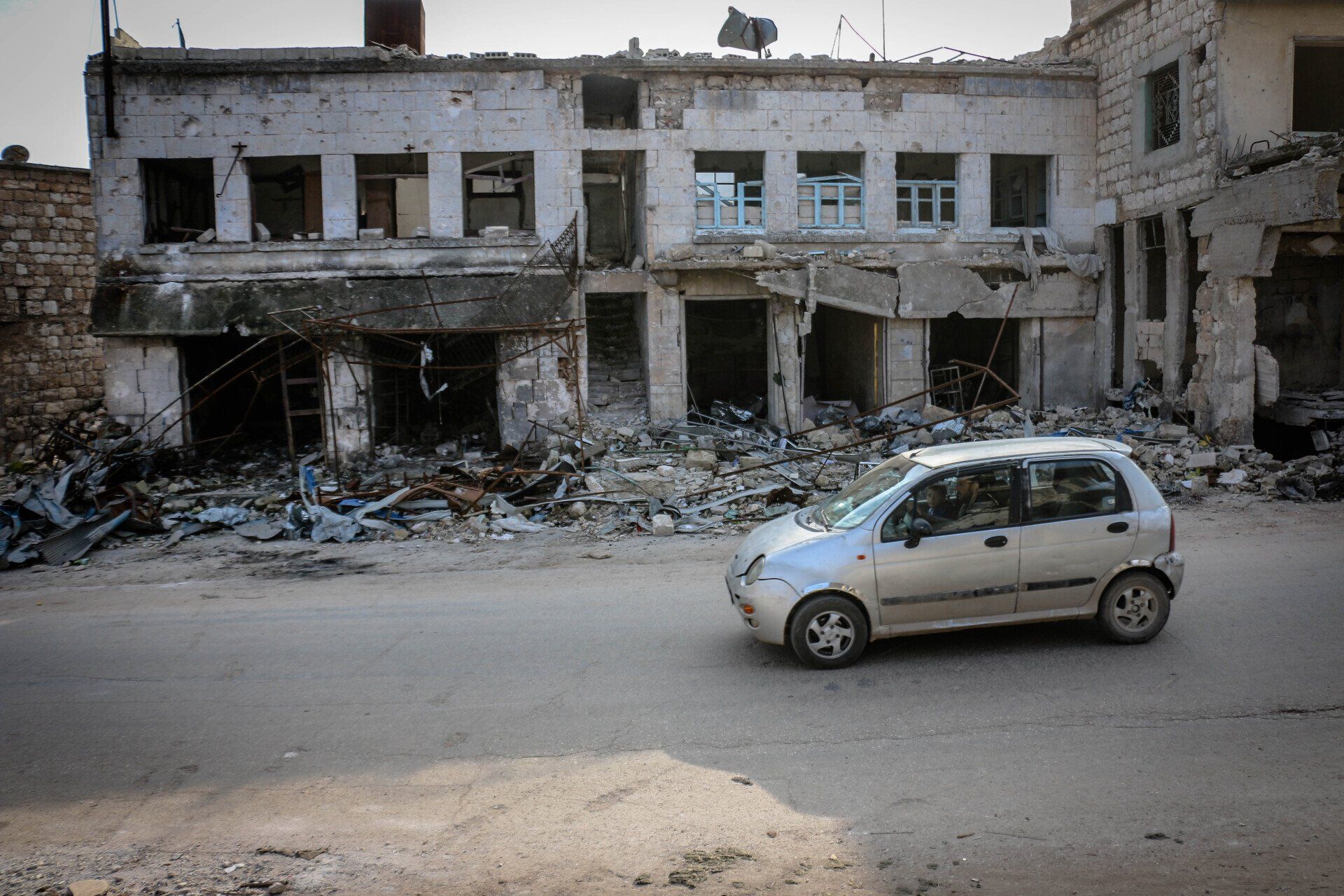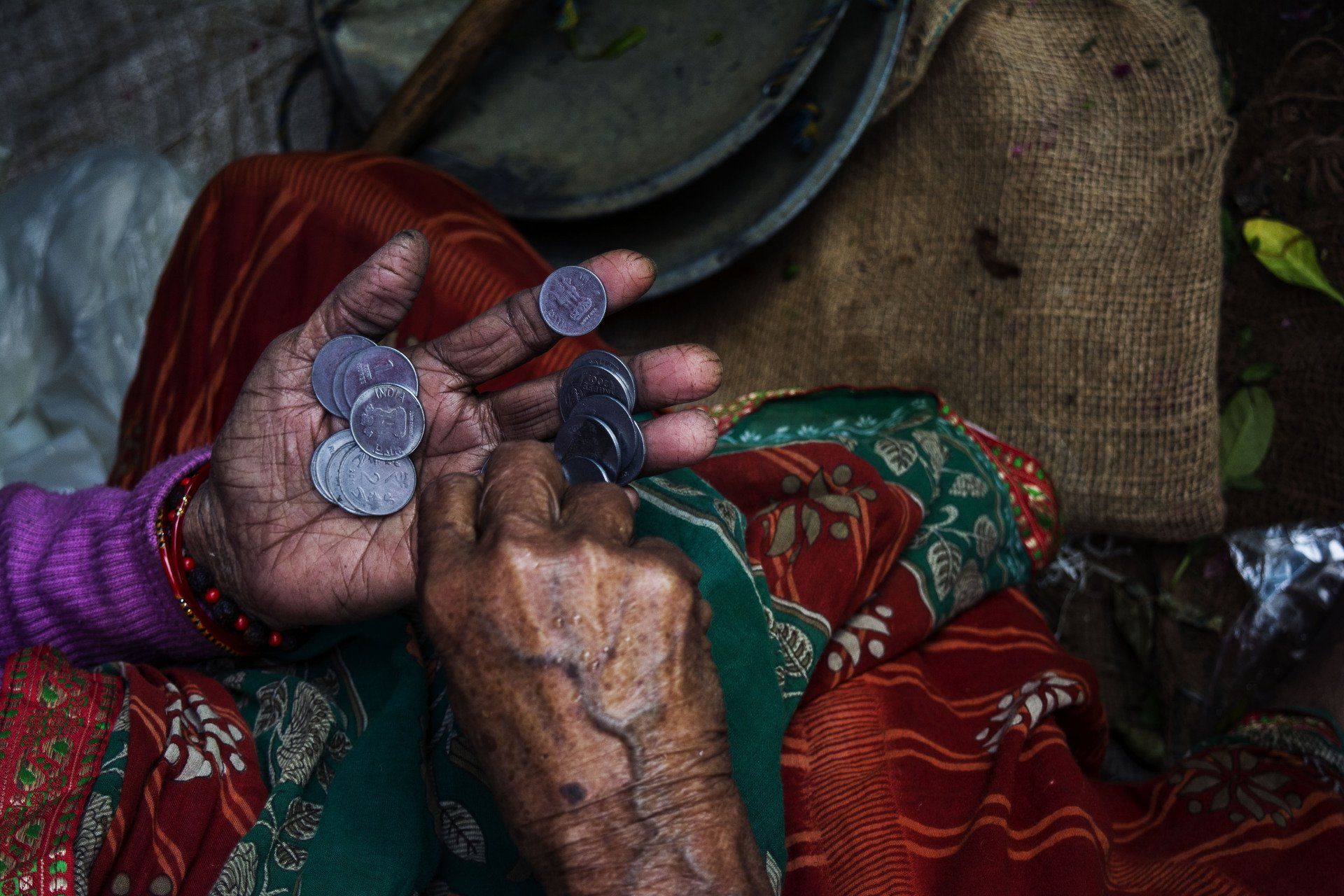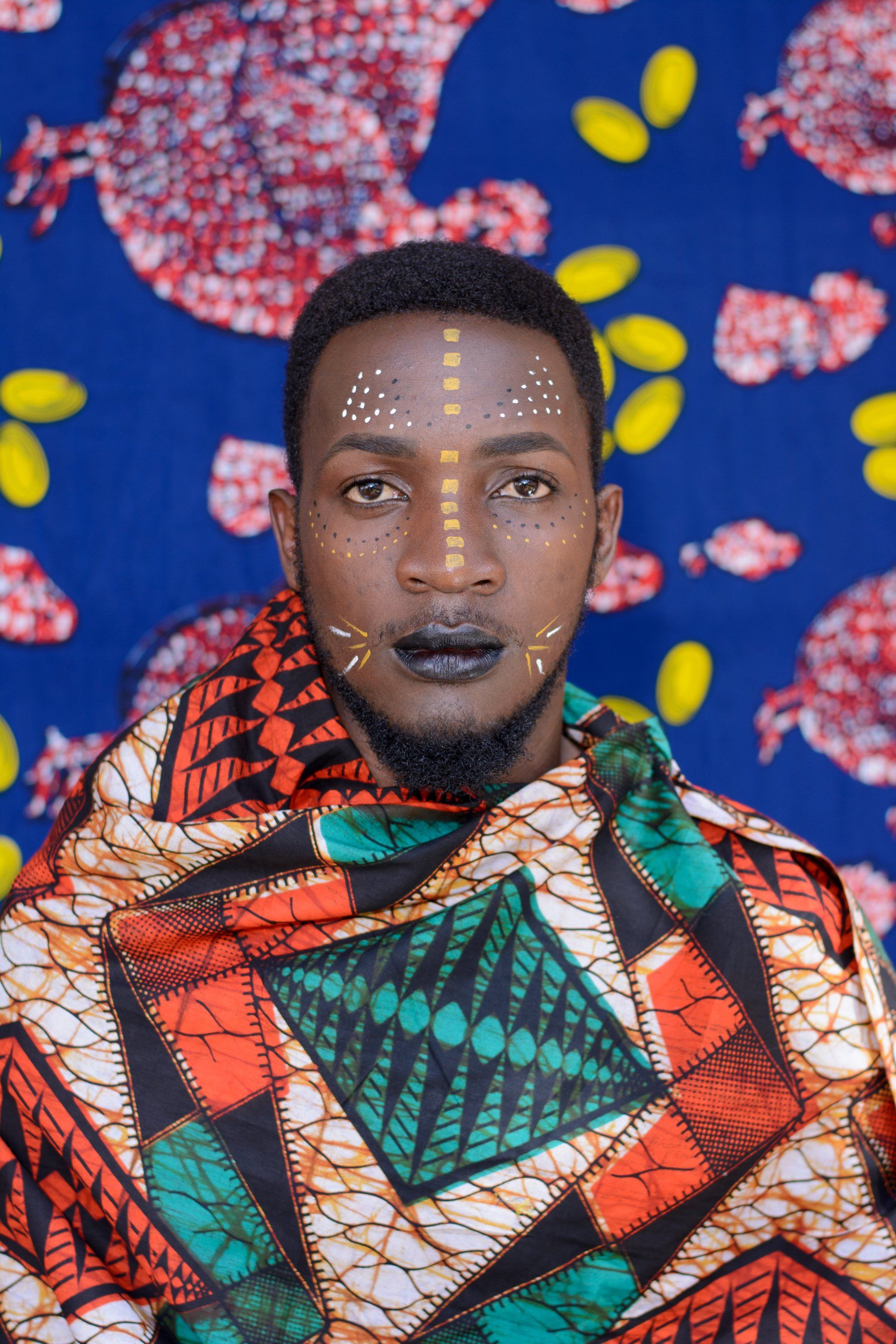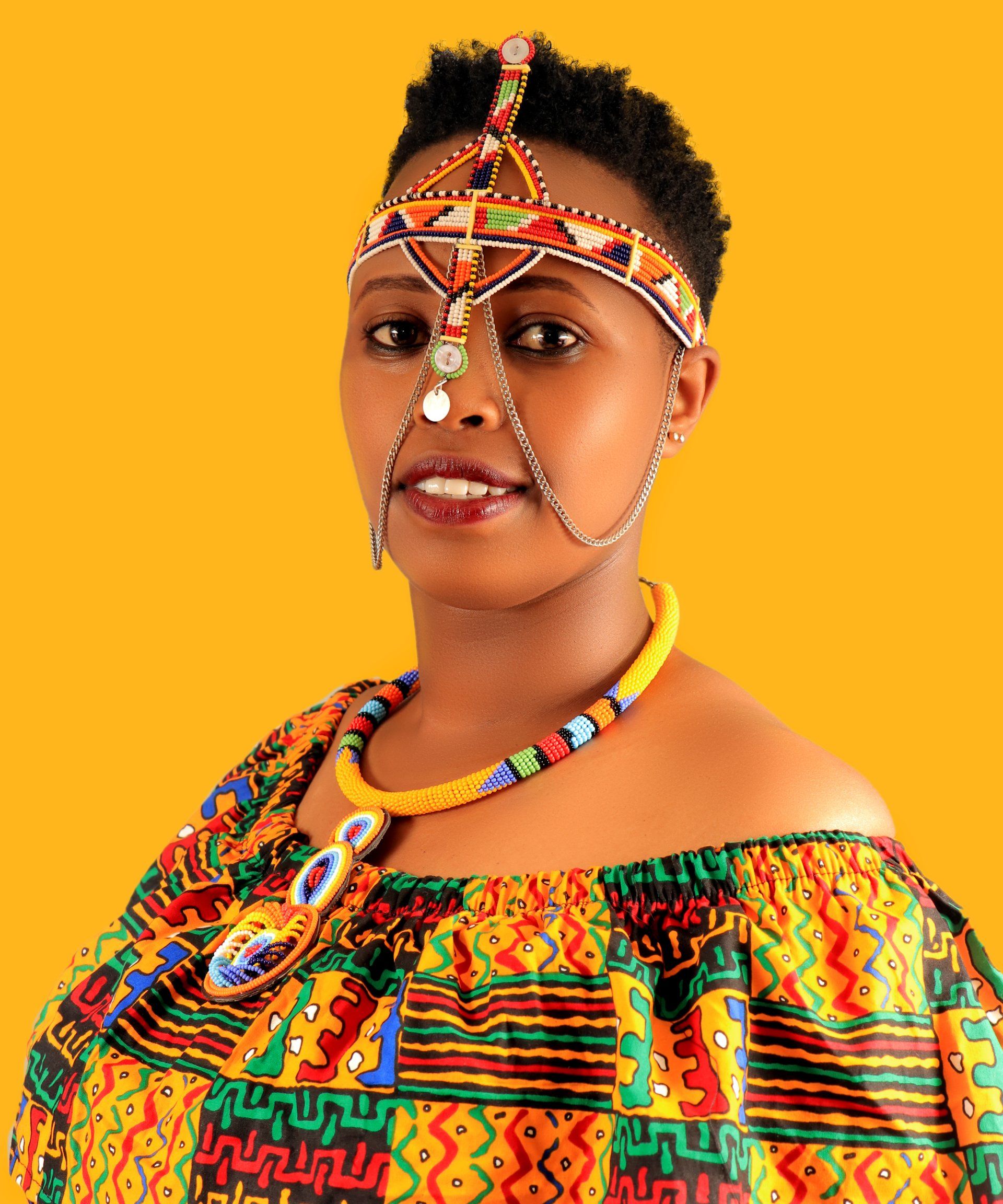Common Misconceptions about Africa
Debunking 8 of the worst beliefs about Africa

Humans and Wild Animals live together
A common misconception is that Africa is a huge forest in which humans and wild animals coexist together. This misconception is that we keep wild animals like lions or leopards, as well as other wild animals as pets, and that it is common to see lions roaming the streets of cities. It is true that Africa is home to many wild animals, but it is not true that they roam the streets. The story of a visiting tourist who shook his head in dismay as he landed at Nairobi's Jomo Kenyatta International Airport is often told. Much to the tourist's dismay, he realized that he had landed at an airport located in a town that looked much better than the rural town he came from. According to the middle-aged tourist, all the content he had consumed about Africa, safaris and wildlife in Africa made him believe he would see wild animals roaming the airport as soon as he landed.
All Africans live in Huts
There is a common misconception that all Africans live in huts made of mud and manure. It is true that mud huts are one of the most common forms of housing in some rural areas of the continent, but it is not fair to dismiss the rapidly growing urban centers across the continent. Many African nations are home to cities with high-rise buildings, highways and other forms of urban development. The silhouette of most African cities is nothing more than skyscrapers of magnificent architecture that have become a source of pride for their homelands.
Lack of Technology
One of the most common ways Africans in Africa are sometimes insulted on social media is through punchlines like "I didn't know they had internet in Africa" or "I didn't know Africans used computers ". This stems from the misconception that has been prevalent for decades that the continent is seriously lagging behind when it comes to technological advancement or, worse yet, that there is no technology available on the continent. Although some parts are slightly behind the times, technology is developing rapidly on the continent as a whole. For instance, Africa is the fastest growing region in the field of mobile telephony and all the latest mobile devices and brands are being marketed on the continent. How about that?
All Africans have dark skin
A common stereotype is that all Africans are dark skinned. This is not true. We have different skin pigments and different shades of black for different tribes and different regions of the continent. It is also important to note that there are also immigrants from other continents who came to Africa many generations ago, and their descendants have settled on the continent since then. A good example is South Africa, which is also referred to as the Rainbow Nation because of the diversity it is known to have when it comes to skin color.
Africa is only corruption, poverty and war.
A common stereotype about Africa is that the continent is poverty stricken, full of corruption and always at war. It is a misrepresentation of the continent which is so vast and which presents various political, social and economic differences. The majority of the countries of the continent are peaceful and full of welcoming people. We also saw free and fair elections, with a peaceful handover of power to democratically elected leaders. When it comes to corruption, some African countries have been ranked among the most corruption-free nations in the world by Transparency International.
All African countries depend on International Aid
An economic misconception is that all African countries survive on aid. The continent is rich in natural resources, and each country has its own economic activity that its governments pursue. It is true that a huge amount of aid is sent to different countries on the continent, but it is also important to note that not all countries depend on aid to improve the lives of their citizens. On the contrary, some of Africa's best governed and most developed countries receive little or no foreign aid.
Africa is a desert
Africa is not a vast expanse of desert as many tend to believe. Even though it is home to the Sahara Desert, it covers only a third of the continent. The rest of the continent is made up of tropical forests, fertile land used for agriculture, and bodies of water. The contrasting landscapes are all beautiful in their own way.
All Africans share a homogeneous culture
Can we all jump and dance like Massaï people or run a marathon? The answer is no! It is often mistakenly believed that Africans share the same culture because they are Africans. This is simply not true. In fact, Africa is so rich in diverse cultures that no country on the continent is ruled by the same culture. It is undeniable that there are common cultures like Ubuntu; however, each ethnic group has a unique set of cultural beliefs to which it adheres. This can manifest itself in dress code, piercings, skin marking and food, as well as other tribal traditions.
We show you Africa, the one you don't see or hear about. Click here to know more.
